
Infection rates in patients receiving omidubicel post-stem cell transplant were about 20% less than those in the control group.

Infection rates in patients receiving omidubicel post-stem cell transplant were about 20% less than those in the control group.

The announcement comes in light of serious adverse events reported in the phase 1/2 clinical trials for BPX-601.

The extension follows the submission of additional phase 3 data from the GENEr8-1 clinical trial that constitutes a major amendment to the biologics license application. The new deadline for review is June 30, 2023.
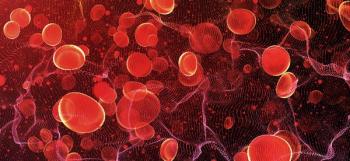
Long-term hematologic stability has been observed in at least 6 out of 10 patients with at least 12 months of follow-up.
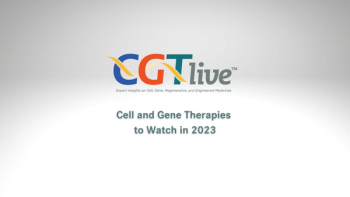
With confidence building, numerous cell and gene therapies will likely go before the FDA and other global regulatory agencies this year, in addition to key data readouts.
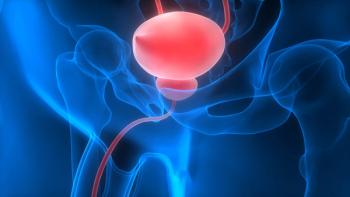
The approval follows a CRL that was issued in 2021 due to problems with chemistry, manufacturing, and controls.
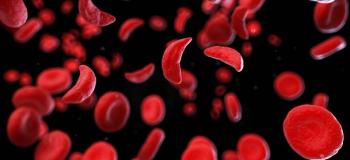
Additional data on 2 patients who developed persistent anemia suggests a genetic cause may be behind the serious adverse event.
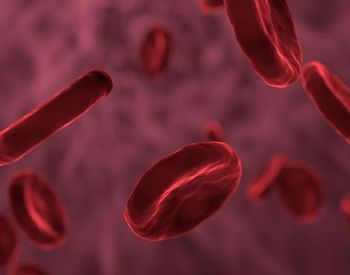
Recent communication with the FDA suggests that the agency's decision might be delayed past Q1 2023.

The trial was launched through a partnership between Cure Rare Disease and UMass Chan Medical School.

With so many therapies on the horizon, the clinical and patient communities need to be adequately prepared to support them.

The approval follows unanimous support of eli-cel's benefits in CALD from an FDA AdComm meeting and an approval for beti-cel in beta-thalassemia.

Administration of NTLA-2001 led to rapid and deep reductions in serum TTR by day 28.

The gene therapy received a conditional marketing approval in the European Union in August 2022.

No such adverse events have occurred in the lower-dose group.
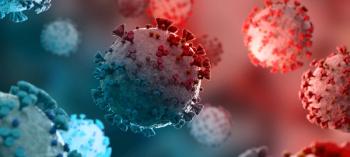
Elderly or high-risk patients with COVID-19 received 1 of 4 escalating dose levels.

The company voluntarily paused the trial in February 2022 to investigate 2 reported deaths in the trial.
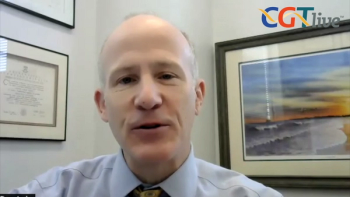
MUSC recently launched In Your DNA SC, a 4-year study to collect and glean insights from genetic testing in the general population.
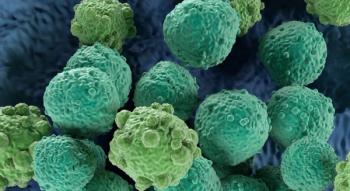
A phase 2 clinical trial evaluating a T-cell memory enriched anti-CD30 CAR-T is now underway.
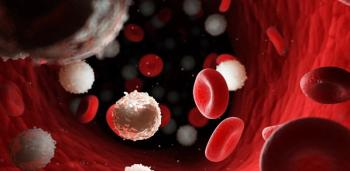
As of the data cutoff, 3 of 5 treated participants remain in complete response.

Data from a phase 1/2a study showed notable response rates in patients who had received a median of 5 prior lines of therapy.

The findings suggest that less disadvantaged patients with high disease burden may have greater ability to advocate for CAR T-cell therapy.
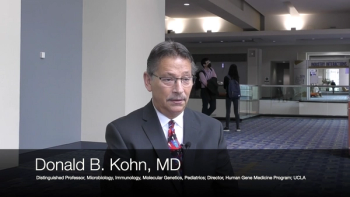
In an interview with CGTLive, study primary investigator Donald Kohn, MD, discussed the safety and efficacy observed in the phase 2 trial.
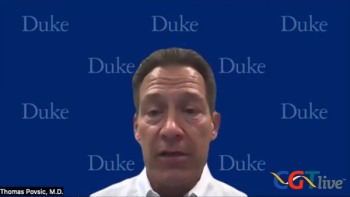
Safety and efficacy data suggest this to be a feasible and clinically meaningful treatment for a patient population with high disease burden.
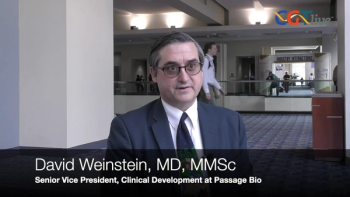
Data from 2 patients dosed in the Imagine-1 clinical trial were presented in a late breaking session at ASGCT 2022.

Study sponsor Pfizer recently announced the launch of a phase 3 trial in patients with Duchenne muscular dystrophy.

The investigational therapy is also currently being evaluated in a clinical trial for sickle cell disease.

Caribou will present the initial data at the upcoming European Hematology Association (EHA) meeting in June.
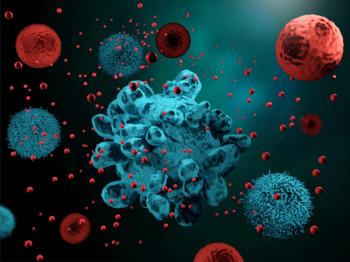
Late-breaking interim data were presented at the 14th Myasthenia Gravis Foundation of America (MGFA) International Conference on Myasthenia and Related Disorders.

The cell therapy is the first to come out of the company’s proprietary ARC-SparX platform.

The trial was set to begin patient dosing in the first half of this year.

Published: June 27th 2021 | Updated:

Published: November 13th 2019 | Updated:

Published: May 24th 2019 | Updated:

Published: February 24th 2020 | Updated:
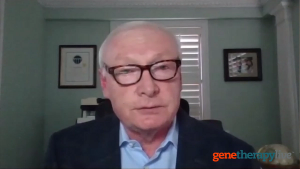
Published: May 12th 2021 | Updated:
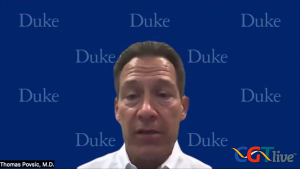
Published: May 18th 2022 | Updated: